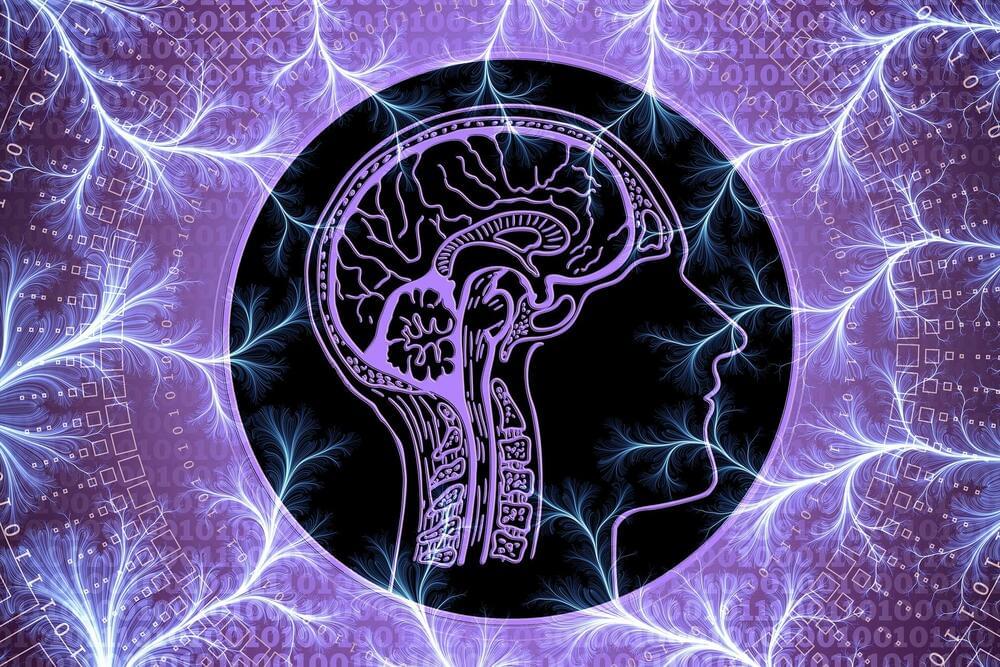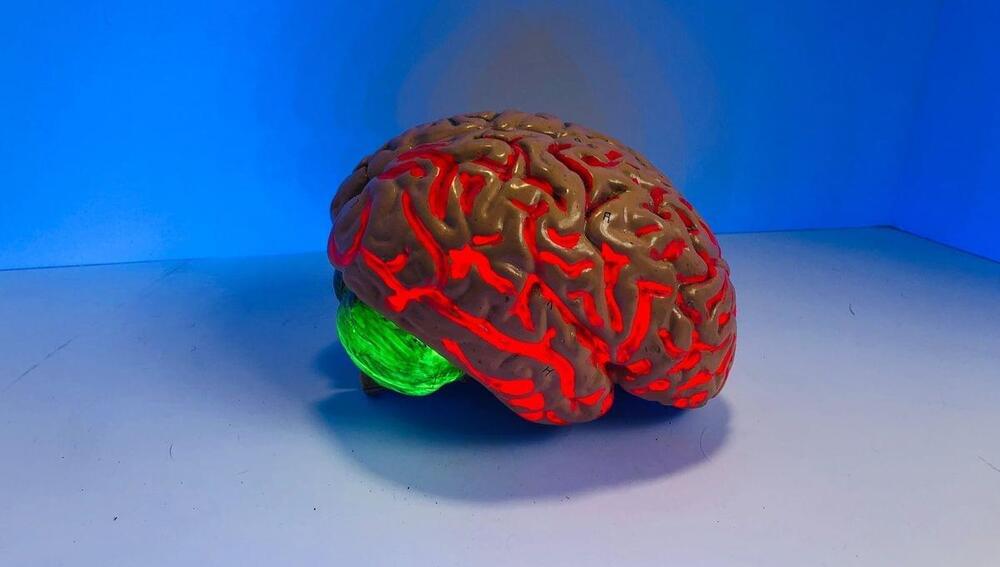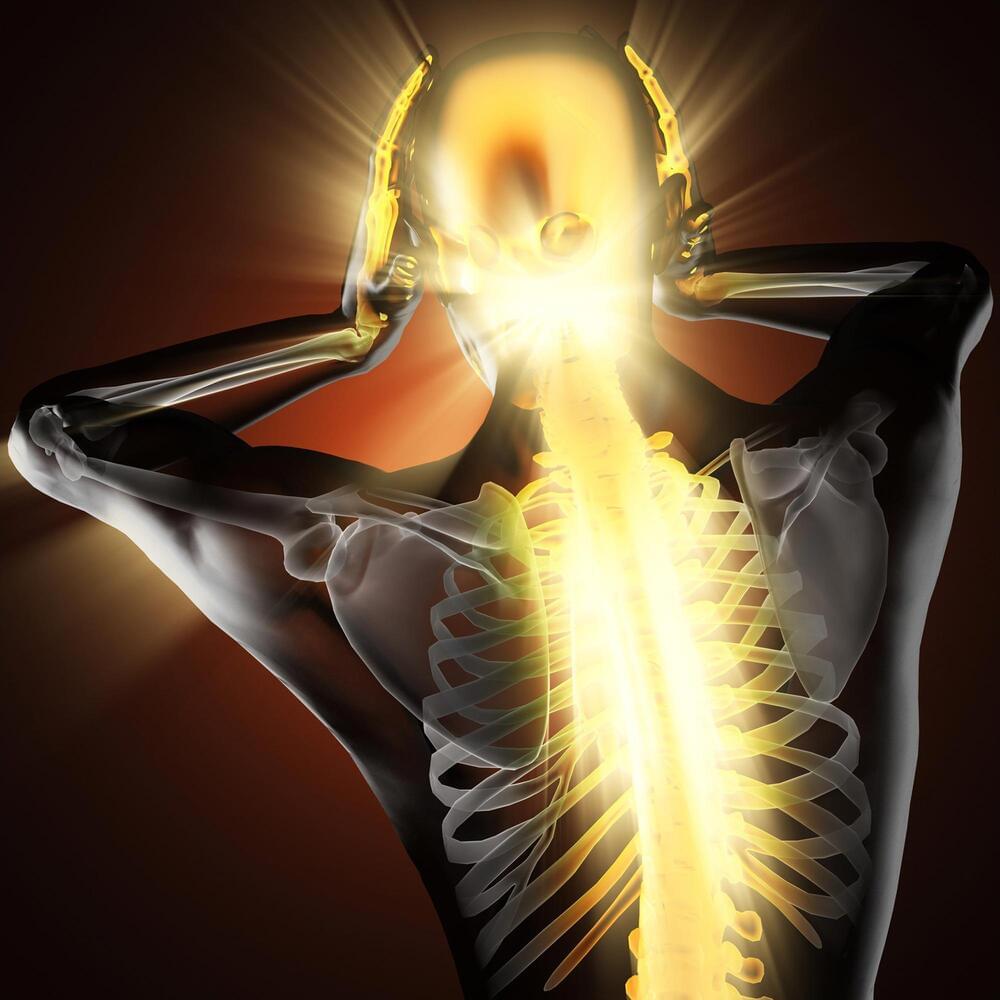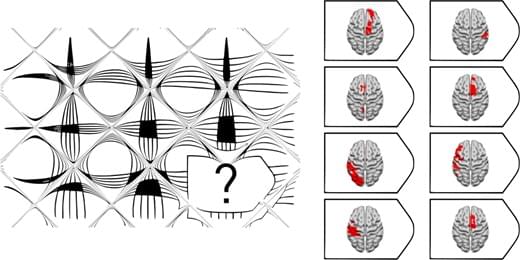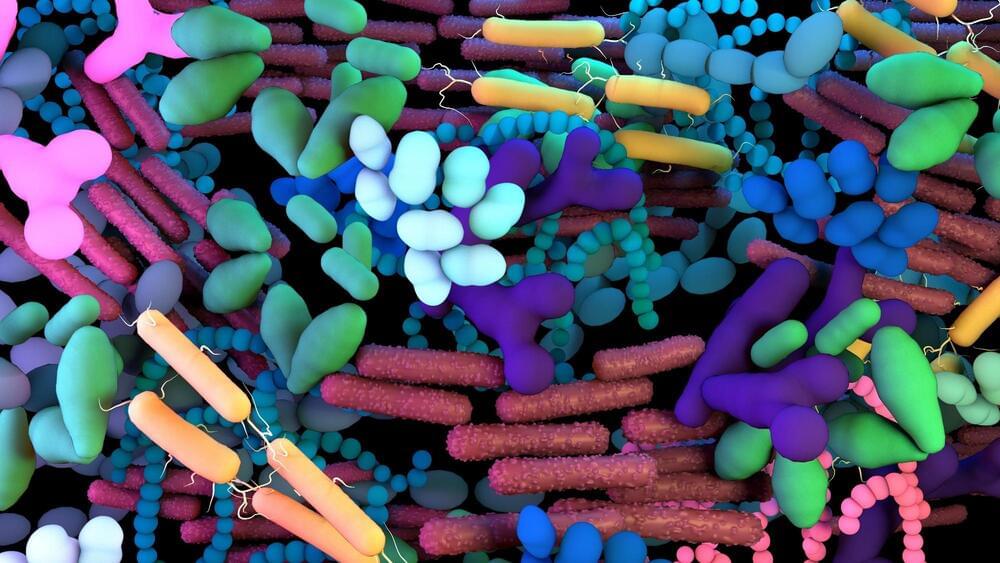Cognitive science sees the brain as a sort of computer, but how does education redesign these cerebral computers? Cognitive scientist, philosopher, and expert on consciousness Daniel Dennett explains.
Watch the Q&A: https://youtu.be/0GJa0xKKSOU
Subscribe for regular science videos: http://bit.ly/RiSubscRibe.
Buy Daniel Dennet’s most recent book “From Bacteria to Bach and Back: The Evolution of Minds” — https://geni.us/4pTW46
There is widespread agreement among researchers in cognitive science that a human brain is some kind of computer, but not much like the laptop. If we look at perceptual experience, and education in particular, as a process of redesigning our cerebral computers, how does the software get designed, and what are the limits of this design process? Daniel C Dennett finds out.
Daniel C Dennett is a cognitive scientist and philosopher with a particular interest in consciousness, free will and the evolution of minds. His newest book, From bacteria to Bach and back, explores how thinking minds could have evolved due to natural selection.
The Ri is on Twitter: http://twitter.com/ri_science.
and Facebook: http://www.facebook.com/royalinstitution.
and Tumblr: http://ri-science.tumblr.com/
Our editorial policy: http://www.rigb.org/home/editorial-policy.
Subscribe for the latest science videos: http://bit.ly/RiNewsletter.
Product links on this page may be affiliate links which means it won’t cost you any extra but we may earn a small commission if you decide to purchase through the link.
